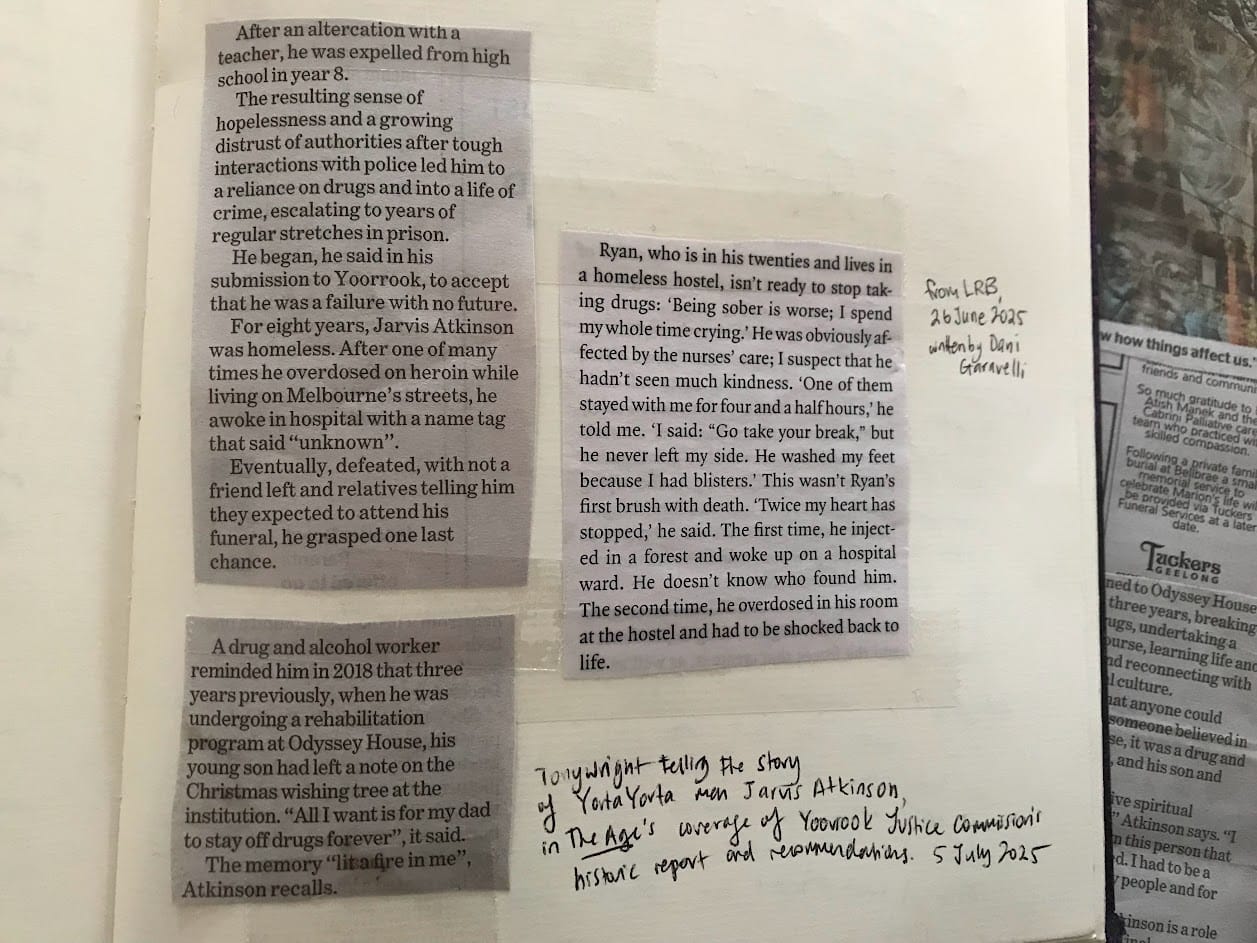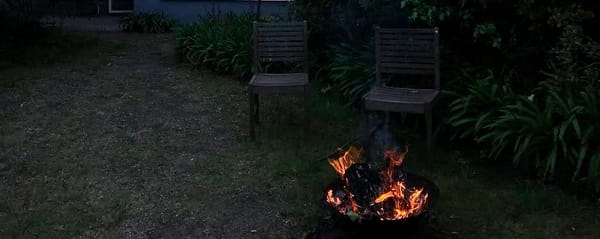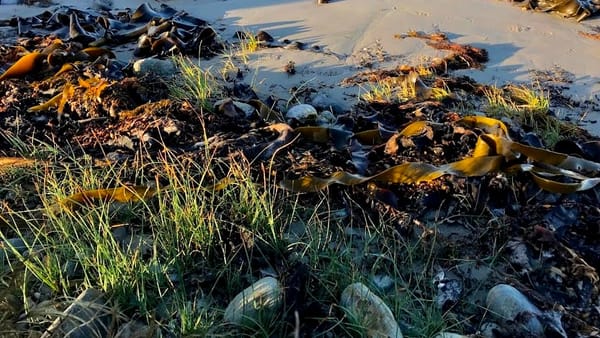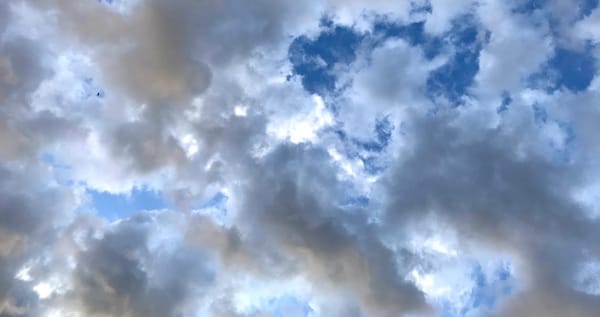Swamped

Theodor Adorno declared that “poetry after Auschwitz is barbarity.” I won’t say this is precisely why it has taken me several weeks to put something new in this Handbasket, but waves of grief have been swamping me and I have not been able to make sense in the turmoil.
When Odysseus sets out alone from Calypso’s island, the ocean god Poseidon musters a great storm. A wave crashes onto his raft, knocks off its mast, rips the rudder from his grasp and swamps him, carrying him overboard into the heaving purple sea. A sea goddess called Leucothoe, the White Goddess, emerges from the waves like a gull and perches on the mastless tub. She tells him to abandon the raft and his clothes and to swim for it, giving him her shawl for protection. Odysseus is sceptical and says to himself
….. I will do this:
as long as these wood timbers hold together,
I will hang on, however hard it is.
But when the waves have smashed my raft to pieces,
then I will have no choice, and I will swim.” (trans Emily Wilson)
What follows brings him to the nadir of his despair, but he strikes out alone and Leucothoe’s shawl keeps him alive until he comes close to land, where he begs a river to give him passage and drags himself ashore.
Yesterday, when my sorrow was too great for words to convey, I lay in a sunny patch in my quiet garden. Around me were minute green tendrils pushing out of the earth, a spider as small as a pin head, abseiling to the ground, striations of light passing through the sinuous branches of the coastal ti-tree. Robert Gray wrote:
I read beneath the trees all day,
caught-up
with those old Chinese
who sought the right way to live, and found
one must adapt to nature,
to what is
outside our egotism;
who loved this earth.
“Here I am
gulping the stuff from the fountain
and willing to let it (Lucretius)
trickle out of my mouth.”
(Robert Gray, from “Dharma vehicle”)
There are drowning people everywhere. When they are saved, it is often love that does it, sometimes art. In the London Review of Books last fortnight, a story about a safe injecting place in Glasgow, and a man called Ryan who goes there because being sober means spending all his time crying. In The Age this weekend, in a two-page spread about the Yoorook Justice Commission’s truth telling report, was is Jarvis Atkinson, who spent eight years homeless, and who, like Odysseus after a shipwreck, awoke ashore one time with no name.

Adrienne Rich said that in declaring poetry after Auschwitz barbaric, Adorno “may have forgotten the ancient role of poetry in keeping memory and spiritual community alive.” I think he was may simply have been too heartbroken for eloquence, but I do, like Rich, believe in poetry as a life-saving scarf.
Rich also thought that Adorno’s words “might be pondered by all poets who too fluently find language for what they have not yet absorbed, who see human suffering as ‘material.’”
She herself found meet language:
“I don’t want to know
wreckage, dreck and waste, but these are the materials
and so are the slow lift of the moon’s belly
over wreckage, dreck, and waste, wild treefrogs calling in
another season, light and music still pouring over
our fissured, cracked terrain.”
Adrienne Rich, from “An Atlas of a Difficult World”
Adorno's anguished declaration is familiar to all of us that love poetry and quiet contemplation of dharma but who live in times when evil roams unleashed abroad. We cannot live as if this were not happening, as if the storms were not raging, but we must not succumb to believing only in malevolence:
Even the blossoming tree lies the moment its bloom is seen without the shadow of terror; even the innocent ‘How lovely!’ becomes an excuse for an existence outrageously unlovely, and there is no longer beauty or consolation except in the gaze falling on horror, withstanding it, and in unalleviated consciousness of negativity, holding fast to the possibility of what is better. (Adorno, Minima Moralia)
Poetry must balance truth-telling with affection, charity, agape. Truth-telling without charity is didactic and irresponsible. One only becomes responsible through love. Affection or charity without truth-telling is flimsy and forgettable.
Since I have been unable this month to heave my heart into my mouth I place these offerings in the basket instead.
This is the light of autumn, not the light of spring.
The light of autumn: you will not be spared.
The songs have changed; the unspeakable
has entered them.
…
How fortunate you are, to still be passionately
clinging to what you love;
the forfeit of hope has not destroyed you
(Louise Gluck, from her “October” sequence, that follows Persephone down into the underworld.)



